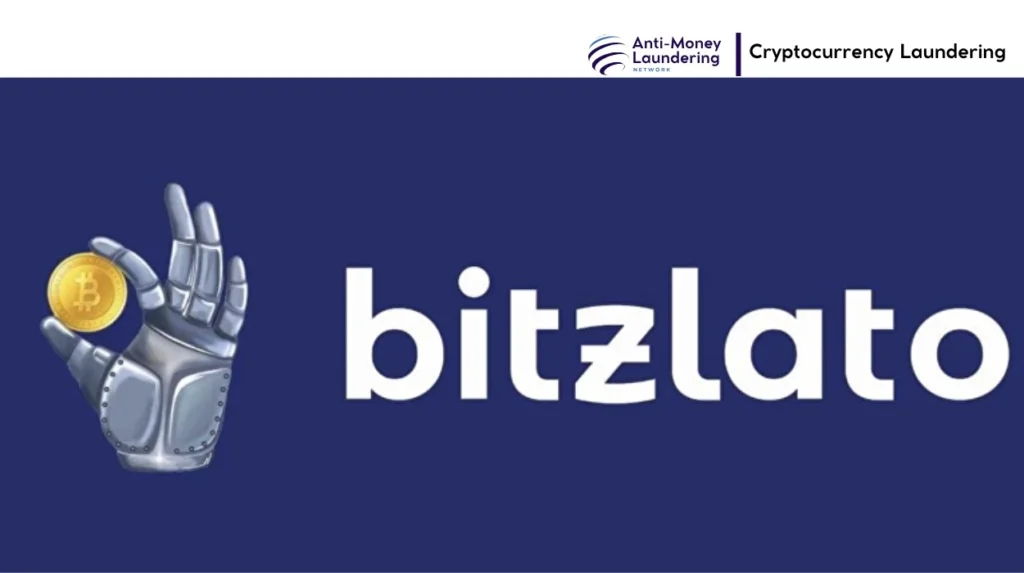Bitzlato, a cryptocurrency exchange registered in Hong Kong but predominantly operated by Russian nationals, emerged as a critical hub for laundering illicit funds, especially linked to Russian cybercriminal enterprises. Labeled by FinCEN as a “primary money laundering concern,” Bitzlato flagrantly disregarded anti-money laundering (AML) and know-your-customer (KYC) standards, enabling widespread anonymous trading that facilitated ransomware payments, darknet market transactions, and scams with little to no oversight. The platform’s operational methods consciously catered to Russian ransomware actors, criminal darknet markets like Hydra, and other illicit financial flows. Despite public enforcement actions aimed at darknet markets, Bitzlato perpetuated its illicit services, illustrating a systemic failure to disrupt criminal laundering channels. The arrest of Bitzlato’s Russian founder in the United States and ensuing enforcement actions marked a historic escalation emphasizing the vulnerability of unregulated crypto platforms as conduits for global criminal finance, posing significant challenges for regulators and financial institutions striving to combat Russia-linked money laundering with geopolitical implications. This case exemplifies the complex nexus of cryptocurrency, cybercrime, and international regulatory enforcement.
Bitzlato, a Hong Kong-registered cryptocurrency exchange, became a major enabler of money laundering for Russian ransomware groups, darknet markets, and scammers by offering services without any real KYC or AML controls. Operating globally with strong ties to Russia, Bitzlato processed billions in cryptocurrency including nearly half a billion dollars from illicit transactions between 2019-2021, primarily connected to Russian illicit finance including ransomware proceeds. Its founder, Russian national Anatoly Legkodymov, was arrested by U.S. authorities and charged with unlicensed money transmission and laundering criminal proceeds. FinCEN issued a landmark enforcement order recognizing Bitzlato as a primary money laundering concern under the Combating Russian Money Laundering Act. This case highlights the peril posed by crypto platforms lacking regulatory oversight and their role in fueling global illicit finance schemes centered in Russia and beyond.

